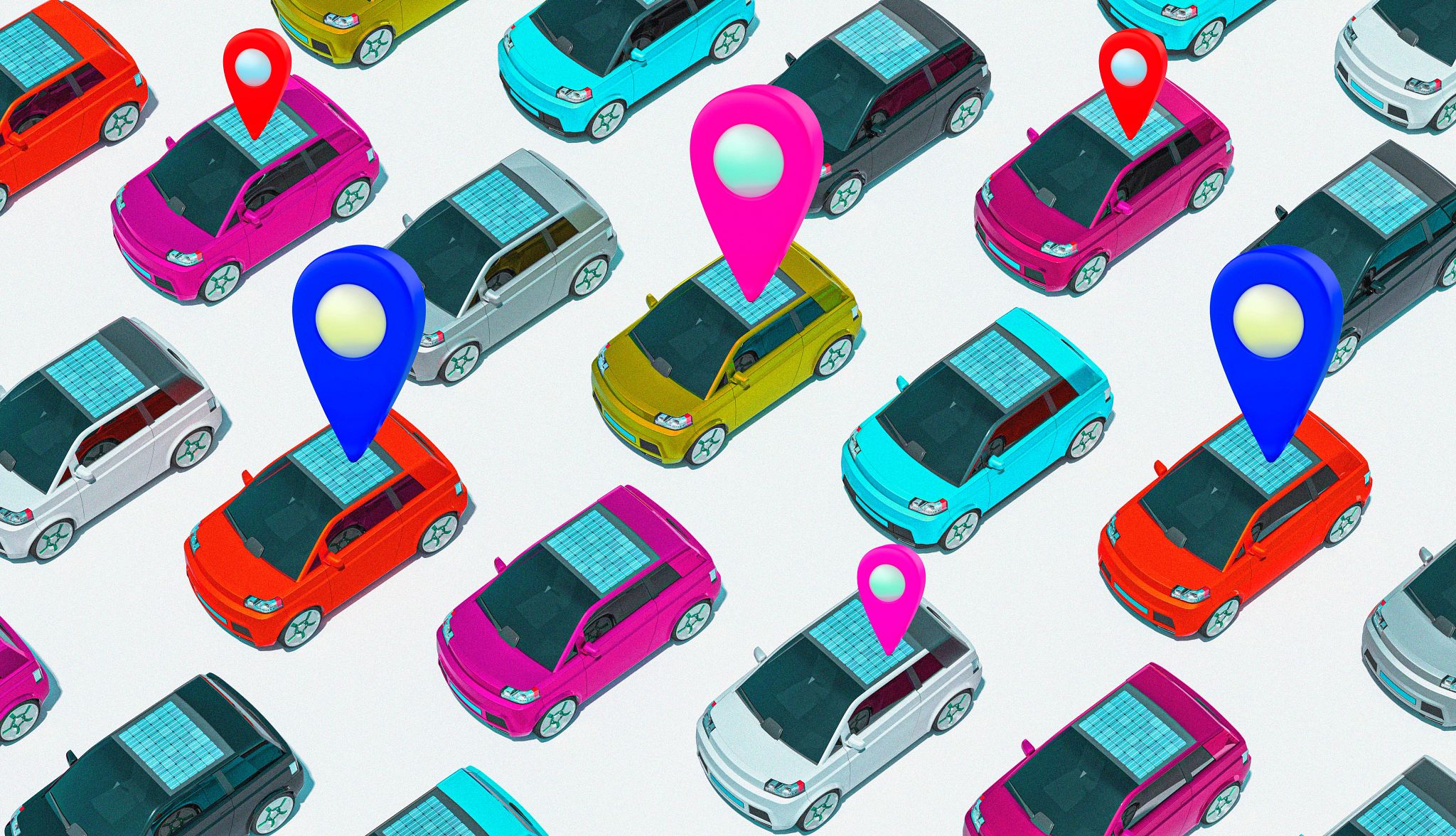AARP Hearing Center


“I got another check and this time it’s for $166,” my 79-year-old mom proclaimed. When I asked where the checks were coming from, she told me her car insurance company rewarded drivers by offering cash back if they drove safely.
To participate in the program, she was required to download an app on her phone that tracked her driving. After six months, the company deemed her a safe driver — following the speed limit, not braking hard and not using her cellphone while driving — and she got her check. She gets one every six months.
Apps to help you save on insurance are not the only car tech you can use to drive more safely and save money. Here’s what to know.
First, the types of car tracking devices
Car tracking devices fall into three main categories: smartphone apps, plug-in diagnostic dongles and factory-installed systems. The specific advantages to tracking devices depend on the type and purpose, according to Alex Miles, chief operations officer at EpicVIN, a company that provides customers with vehicle history reports.
AARP's SafeTrip app
AARP offers the free SafeTrip app, which allows you to monitor your driving habits. AARP SafeTrip users also have access to CrashAssist, designed to contact you and offer assistance when a crash occurs.
Smartphone apps. These are mainly used to track your driving habits. If you’re using it to save money on your car insurance, just note that the app must partner with your insurer, so check before downloading anything. These apps are typically free.
You can use general location tracking apps, such as Life360, TrueMotion Family and Drivemode, to monitor speed, braking patterns and follow trip routes. The apps can generate reports you can review or share with family members. Some require subscription plans; Drivemode and TrueMotion Family are free, while the costs for Life360 range from about $100 to $300 per year.




































































More From AARP
10 Ways to Pay Less for Car Insurance
Rates are going up — and could continue due to tariffs. These tips can lower your premium
Get More Mileage Out of Your Car
Auto repair tips to get more life from your car
What to Know About Renewing Your License
Renewal tips for drivers, including Real ID guidance